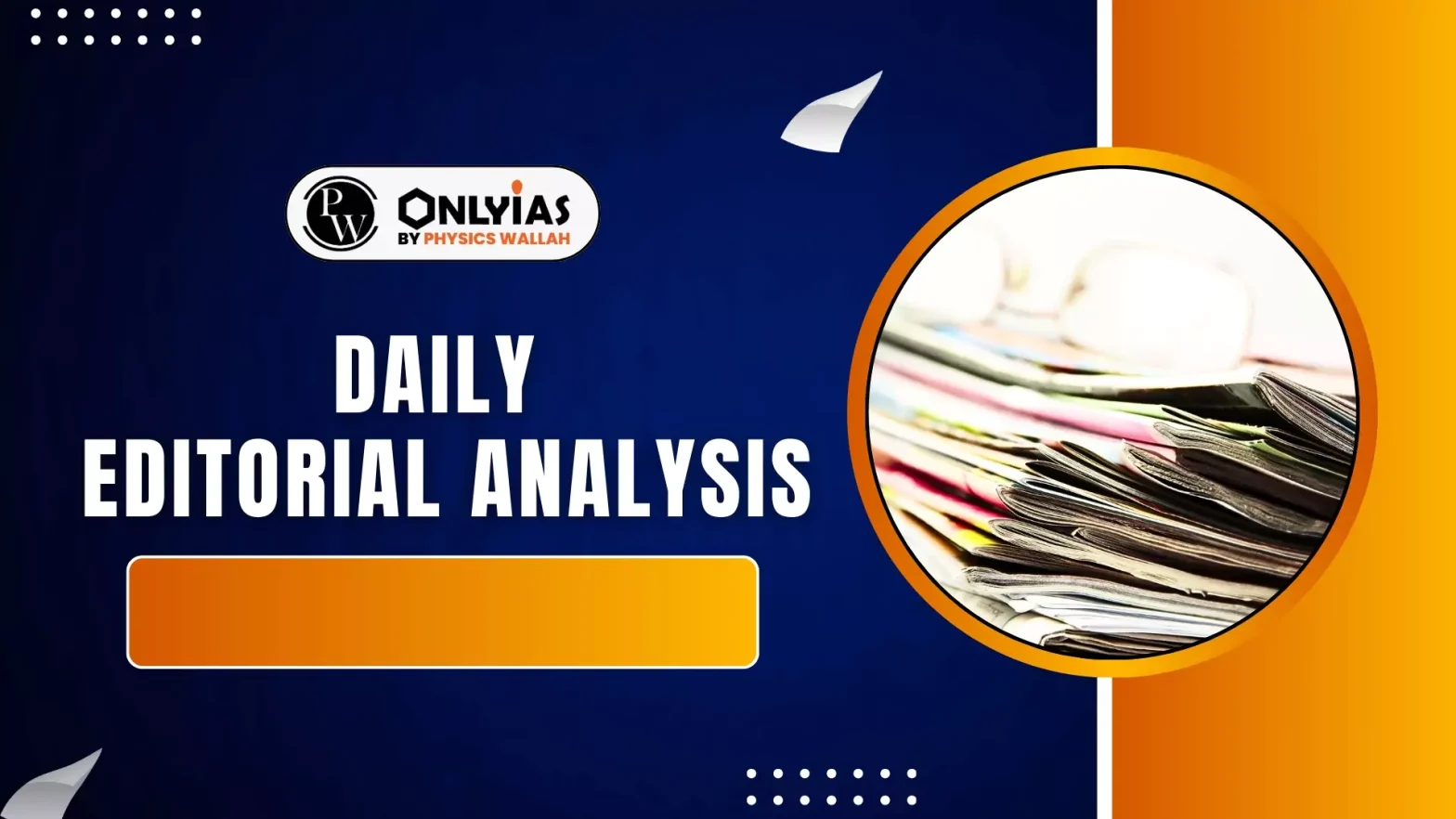The decision to include caste enumeration in India’s upcoming national Census marks a potentially transformative step. However, it also raises questions about intent, policy delay, and the true commitment to social justice.
The Case for Caste Census
- Caste Census Importance: A caste census provides empirical data to understand the socio-economic status of caste groups, particularly OBCs.
- Affirmative Action Design: Helps design targeted affirmative action and lends credibility to welfare measures before the judiciary.
- Intra-OBC Disparities: Can expose intra-OBC disparities, assisting in crafting policies for Extremely Backward Classes (EBCs).
Limitations of Census-Based Policymaking
- Risk of Political Misuse: Over-relying on the Census risks misusing it as a political tool rather than a data-gathering mechanism.
- Registrar General’s Role: The Registrar General is meant to present neutral data, not influence policy formation.
- Politicisation of Census: Risks politicising Census operations in an already polarised political climate.
Historical Reforms Without Full Data
- No Precise Data: Major reforms like reservations and land redistribution were implemented through political will, not precise data.
- EWS Quota Without Surveys: The EWS quota was introduced without detailed surveys, showing governments can act without waiting for new statistics.
Existing Data Already Available
- SC/ST Data Availability: SC/ST data is part of every decennial Census and national surveys like NFHS and NSSO.
- Persistent Disadvantages Despite Data: Reports show persistent educational, economic, and social disadvantages, yet bold reforms remain absent.
- Bihar Survey & SECC Findings: The Bihar caste survey and SECC confirm widespread OBC vulnerabilities.
Neglect in Representation
- Low Representation in Sectors: Research highlights low OBC/SC/ST presence in corporate sectors, media, IT, and state institutions.
- Lack of Efforts to Improve Representation: Despite abundant data, no major efforts have been made to improve their representation in higher education, judiciary, or bureaucracy.
Data vs. Political Will
- Data as Diagnostic Tool: Data serves as a diagnostic tool, not the solution itself.
- Political Will Drives Policy: Effective public policy is driven by political intent, mass mobilization, and democratic pressure, not just statistics or surveys.
Conclusion
While a caste census may enhance policy precision, true social transformation demands bold action, moral clarity, and sustained political will. Justice for the most marginalized cannot wait for the perfect dataset.
![]() 19 May 2025
19 May 2025

